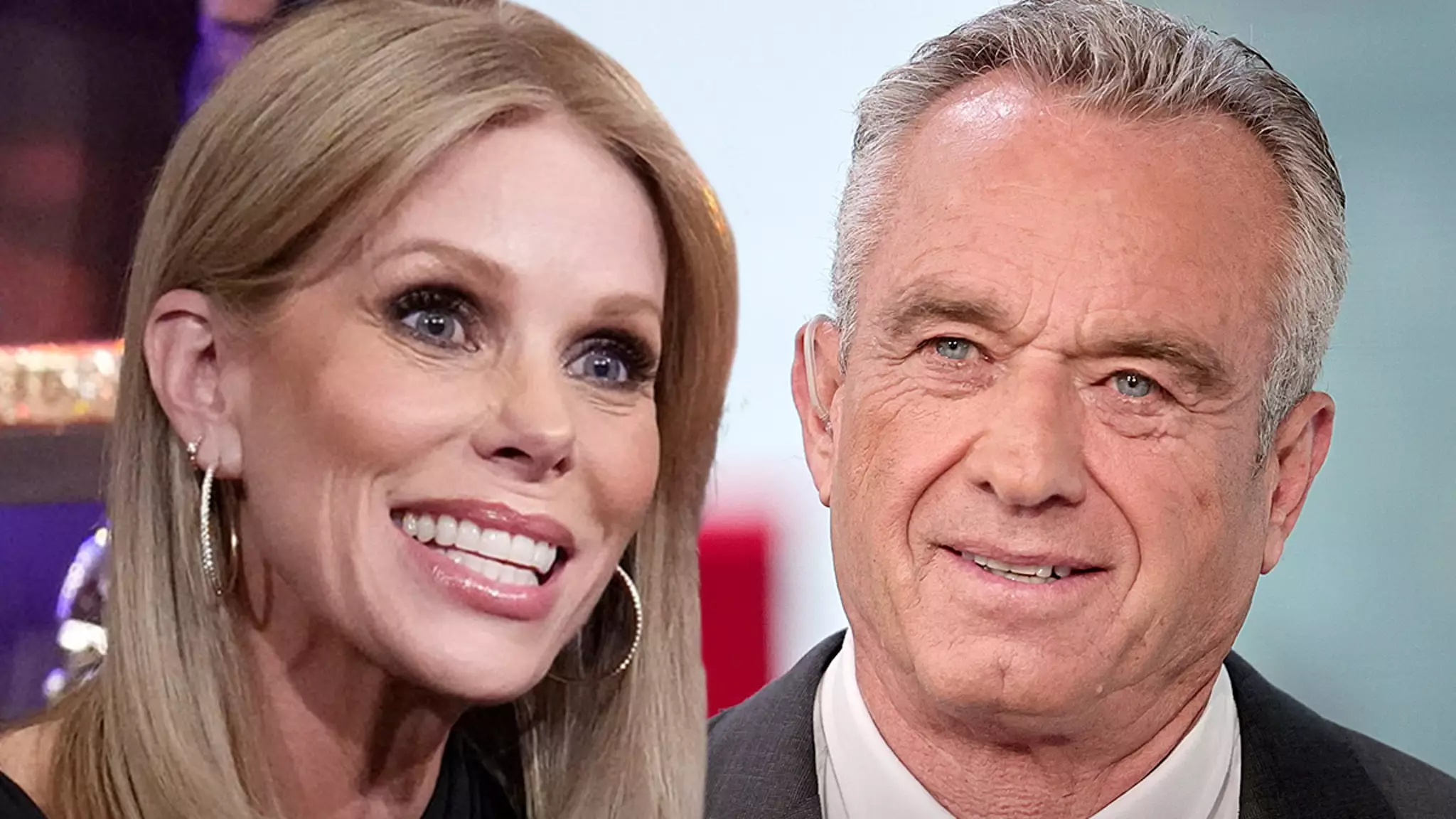In a political landscape that often involves complex personal relationships, the recent display of unity between Cheryl Hines and her husband, Robert F. Kennedy Jr., serves as a noteworthy example. Hines, a staunch Democrat, was seen supporting her husband at a gala hosted by Donald Trump at Mar-a-Lago, despite their history of navigating fraught political waters together. This public appearance signals a fascinating evolution in their partnership, particularly in light of previous statements Hines made regarding their marriage.
Almost a year prior, Hines had expressed concern about the sustainability of their marriage if Kennedy aligned too closely with Trump, particularly if he were to become the former president’s running mate. These apprehensions painted a picture of a relationship potentially fraught with tension, reflective of the broader political polarization in America. Such public statements often leave an imprint on the narratives we weave about public figures, creating a perception of fragility in their partnership. However, the couple’s recent outing reveals a significant shift in Hines’ stance, one that reflects not only personal loyalty but also the fluidity of political affiliation.
As the couple graced the Trump event amidst swirling rumors of marital discord—triggered in part by personal controversies surrounding Kennedy—Hines’ support exemplifies how love can transcend political affiliations. They’ve managed to maintain their relationship through various challenges, including allegations of infidelity against Kennedy, which might have otherwise prompted a split. Their presence together at such a high-profile Republican event signals Hines’ commitment to her husband and a potential acceptance of a new political reality that incorporates their differing affiliations and beliefs.
Kennedy’s transition from a Democratic figure to a supporter of Trump marks a significant pivot in his political journey, one that Hines appears to have accepted and embraced. With Kennedy stepping into the role of Health and Human Services Secretary, it is essential to recognize the implications of such a position within the current administration, and how it affects their personal dynamics. It seems that Hines and Kennedy are navigating this new chapter by aligning their personal and political lives more closely than before, suggesting a deeper bond that relies less on party affiliation and more on individual growth and partnership.
Cheryl Hines and Robert F. Kennedy Jr.’s relationship highlights the complexities of love amid a politically charged environment. As they navigate their respective public and private lives, their story serves as a reminder that while political affiliations can be divisive, personal connections often transcend these boundaries. Their journey reflects an adaptability that resonates in the broader narrative of American politics—one that encapsulates both ideological shifts and the resilience of personal relationships.

Leave a Reply